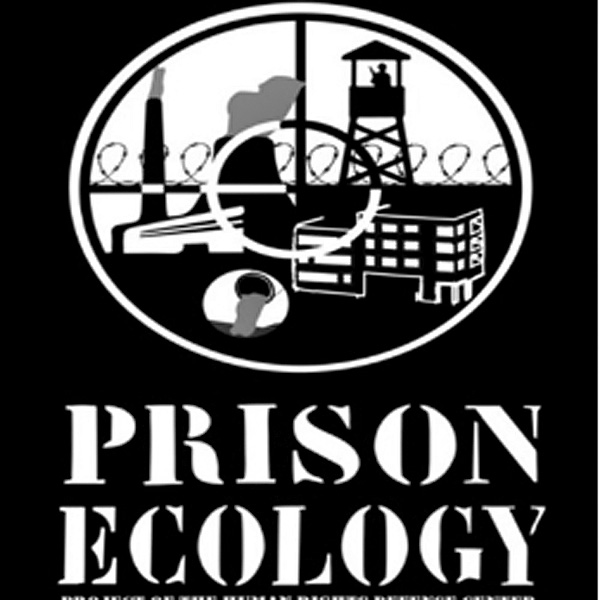
TAMPA, FL — The United States boasts the highest prison population in the world. The government constantly installs new, larger prisons to fill with “criminals” indicted for committing successively minor crimes—in fact, over 60% of the US prison population is composed of drug offenders and those who committed immigration-related crimes, both nonviolent offenses. Many are aware of the cultural repercussions of this practice and have begun to call for reform, but, recently, a question has been posed by the Prison Ecology Project that does not often receive due attention- what are the environmental effects of these massive, rampant institutions?
The group currently challenges one particular prison proposed to be built in Letcher County, Kentucky that, if constructed, will carry a slew of weighty problems to the region. This specific prison exemplifies the flaws in the United States’ penal system and, if overlooked and allowed to be established, will cause massive damage to the biologically diverse landscape surrounding it.
The Bureau of Prisons plans to place the penitentiary on a retired coal mine site that is currently being drilled for natural gas, despite the imminent health issues sure to affect inmates being kept in the area for long periods of time. Exposure to mining- even after drilling has ceased, and in this case it has not- causes various serious pulmonary diseases, including CWP, COPD, and a plethora of other life-threatening ailments. Elevated rates of lung cancer are also associated with areas nearby mining sites.
This proposed site is also in direct proximity to the Lilly Cornett Woods, a 554 acre area listed as a US Department of Interior registered national landmark, a registered natural area of the Society of American Foresters, and a designated State Wildlife Refuge. The area contains 252 acres of “old growth” forest, a forest which has not undergone notable natural or manmade changes in at least 120 years; for this reason it is a prime location for ecological and environmental research. The prison could adversely affect 71 species registered as endangered, threatened, or of special concern in Kentucky as well as damage the Lilly Cornett Woods’ unique ecosystem.
While the Bureau of Prison’s environmental analysis for the project admits evidence of impacts to the surrounding environment stemming from the construction, management, and existence of a large prison in this area, the prison has not been barred from construction and could come to fruition without the resistance of activists and organizations. Reviewers from EPA region 4 claim that although the Bureau of Prisons’ environmental analysis does concede to environmental impacts, the study is still insufficient. To urge the EPA to continue pressuring the Bureau of Prisons, email militscher.chris@epamail.epa.gov.
The Prison Ecology Project seeks to block the establishment of a prison that would cause severe harm to both the human beings forced to live inside of it and the fragile animal and plant life residing near it- to offer much needed and well-deserved support to this objective, or to simply find more information about the issue, visit PrisonEcology.org.
Battle for prisoners’ rights and environmental justice in Kentucky
Latest
The People’s Tribune opens its pages to voices of the movement for change. Our articles are written by individuals or organizations, along with our own reporting. Bylined articles reflect the views of the authors. Articles entitled “From the Editors” reflect the views of the editorial board. Please credit the source when sharing: peoplestribune.org. Please donate to help us keep bringing you voices of the movement for change. Click here. We’re all volunteer, no paid staff. The People’s Tribune is a 501C4 organization.
